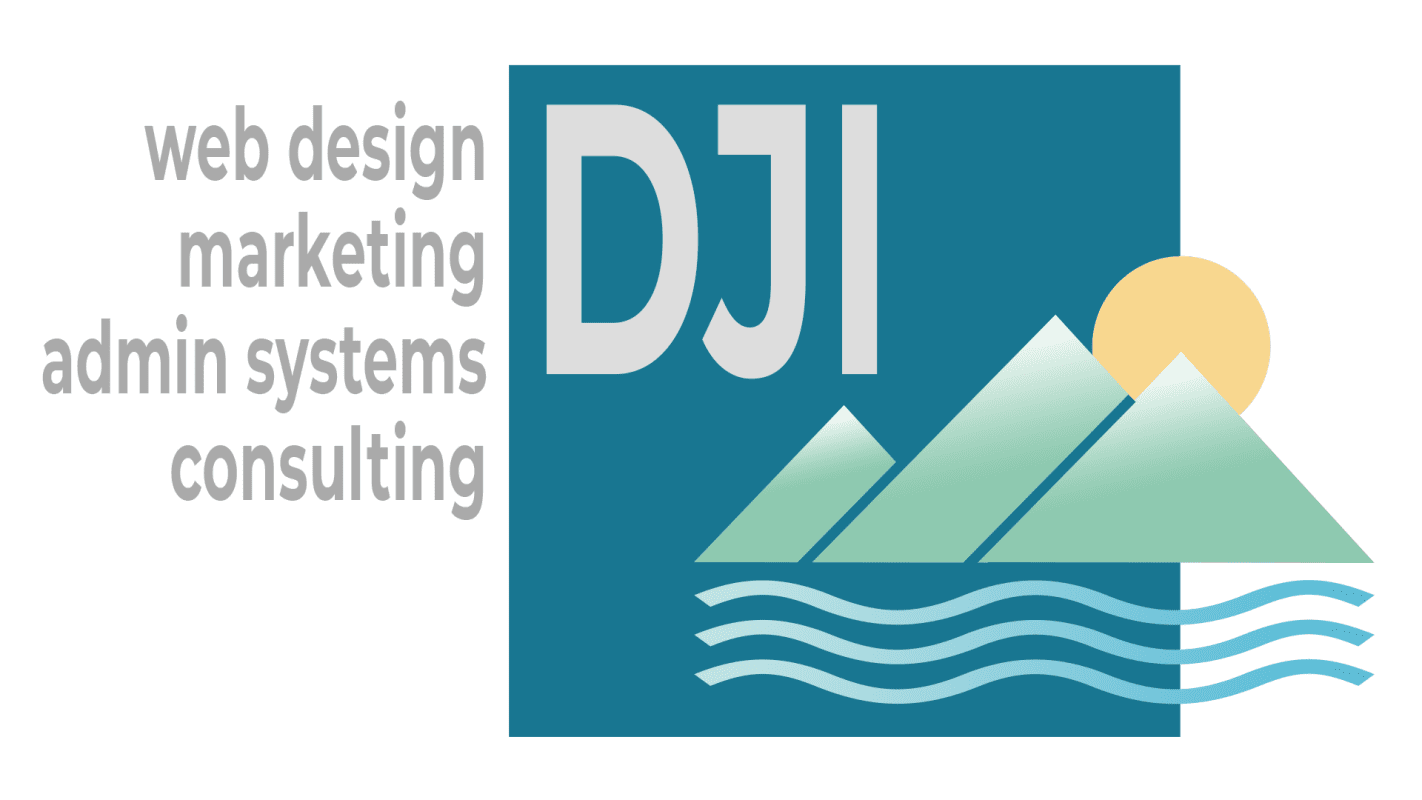These notes may well be significantly revised on a regular basis. If this sort of thing is of any interest I'd urge you to invest in yourself: bookmark and check back for regular updates, or perhaps even sign-up below for update notifications.
Click here to learn more about 'Pragmatics' and browse all my Notes ...
Business culture promotes the idea that people are most strongly motivated by external rewards, like money or prestigious titles. But the story of the person who realised all of the money and power they could want did not make them happy is as old as time.
Instead, we tend to derive our most meaningful and sustainable stores of productivity through “intrinsic motivation”.
According to a 2013 study of around 3,500 German schoolchildren, those motivated to earn good grades worked hard and did well in the near term, but those who worked hard because they were interested in and wanted to achieve mastery of a subject did better in the long term.
Interestingly, the use of extrinsic rewards — like raises, promotions, and benefits — can undermine intrinsic motivation when people already find a task engaging. If an extrinsic reward is introduced to someone who is already interested in a project, it displaces the internal motivation, a phenomenon called “motivational crowding theory.” Even if the external reward is subsequently removed from the picture, people have trouble summoning their original, internal motivation.
Instead: Cultivate intrinsic motivation.
Focus on cultivating your intrinsic motivation. First, take time to enumerate your top values in life using a framework like the Eisenhower Matrix. This will help you set priorities and understand the skills you most want to develop in your work.
Then, focus on the process rather than the outcome. For example, if you are trying to write a novel, you can write in time blocks and even create a to-do list where the items to mark off are time increments. This gets you to aim toward the very real and finite act of writing within a bounded period of time rather than the more abstract and outcome-oriented goal of writing a novel or even writing a chapter.
As author and artist Austin Kleon puts it, focus on the verb rather than the noun:
“Lots of people want to be the noun without doing the verb. They want the job title without the work…Doing the verb will take you someplace further and far more interesting than just wanting the noun.”










